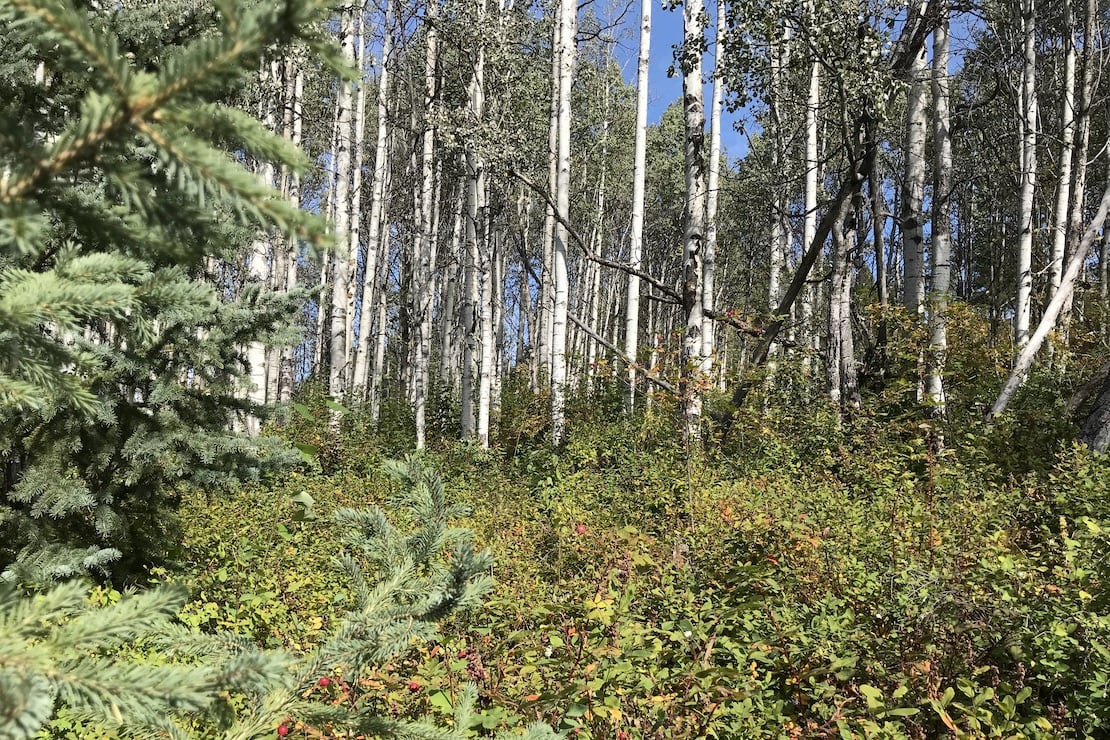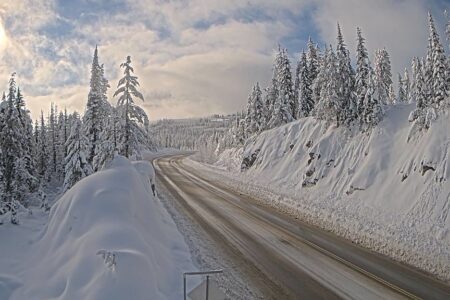Province putting regulations in place to protect ecological reserves
What are “ecological reserves”?
Ecological reserves are areas selected to preserve representative and special natural ecosystems, plant and animal species, features, and phenomena. Scientific research and educational purposes are the principal uses of ecological reserves.
Ecological reserves are established for the:
- preservation of representative examples of British Columbia’s ecosystems;
- protection of rare and endangered plants and animals in their natural habitat;
- preservation of unique, rare, or outstanding botanical, zoological or geological phenomena;
- perpetuation of important genetic resources; and
- scientific research and educational uses associated with the natural environment.
New regulatory changes are being made to safeguard the province’s ecological reserves.
The new Ecological Reserve Regulation will enable compliance and enforcement measures in ecological reserves so individuals conducting illegal activities can be prosecuted or fined. Under the previous regulation, BC Parks lacked the ability to impose penalties on individuals and companies that disobey the law in these sensitive ecosystems.
“It is important that our provincial legislation gives BC Parks the power to ensure B.C.’s protected spaces are not threatened,” said George Heyman, Minister of Environment and Climate Change Strategy. “This updated regulation will help protect B.C.’s critically important biological diversity and safeguard rare and endangered plants and animals in their natural habitat.”
B.C. has approximately 158 ecological reserves. While scientific research and education are the primary purposes, most are also open to the public for viewing or photographing wildlife.
Illegal activities have occurred at some ecological reserves, such as tree theft to sell as firewood, built structures, and camping and access by vehicle without proper permits. The previous regulations did not allow BC Parks rangers and other enforcement staff to issue fines for these offences.
Regulations for the use and protection of ecological reserves were enacted in 1975, with no significant amendments since. Given they were out of date with modern drafting standards, the new regulation had to be entirely rewritten. The new regulation is easier to understand, follow and will ensure that penalties can be assessed for damage to ecological reserves.
Changes include:
- enabling compliance and enforcement measures for ecological reserves;
- adding bans on present-day activities (e.g. smoking, use of drones);
- amending the violation ticket administration and fines regulation to authorize the use of violation tickets to impose financial penalties for non-compliance;
- clarifying the restrictions on the entry, use and occupancy of ecological reserves, including temporary closure for public safety reasons;
- transferring permit management responsibility from an administrator to the minister;
- the ability to set time limits, cancel or modify permits; and
- removing outdated and redundant content.
Learn More:
To learn about B.C.’s ecological reserves, visit: bcparks.ca/about/types-parks-protected-areas/ecological-reserves/
For a map of BC’s ecological reserves, click this link.

























Comments